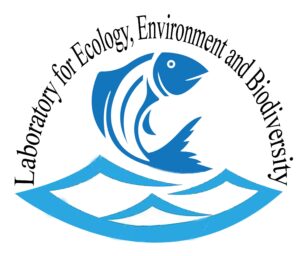Laboratory for Ecology, Environment and Biodiversity (LEEB) is involved with performing comprehensive quantitative and qualitative research in biological, ecological and environmental assessment of aquatic ecosystems. It has intensive collaboration with ecologists, environmental scientists and analytical chemists and ecotoxicologists from Australia, UK, USA, Saudi Arabia, Brunei, Singapore and Japan which enables to perform the high quality research using the cutting-edge technology.
Investigation conducted at LEEB focuses on aquatic biodiversity, and impacts of human activities and climate changes on ecosystem and environmental quality using traditional survey methods, advanced statistical tools, microscopic, spectrophotometric, FTIR and EDXRF-based analytical methods. Team members of the LEEB has profound experiences working on the plankton and macrobenthos community structure and ecology to clarify the response as well as mitigation of these communities towards critical global issues like climate change and pollution. Another major study area is the evaluation of pollution levels of emerging contaminants (such as microplastics, PAHs, and metal pollutants) in the environment and organisms in order to determine their potential risks to the ecosystem and to human health.
Moreover, sustainability is also a focusing issue of the researchers at LEEB; they study sustainable aquaculture technologies and economic yield as well as their interactions and interrelation with fisher’s livelihood.
The laboratory was established in 2018 at the department of Fisheries and Marine Science, Noakhali Science and Technology University, Noakhali, Bangladesh.
